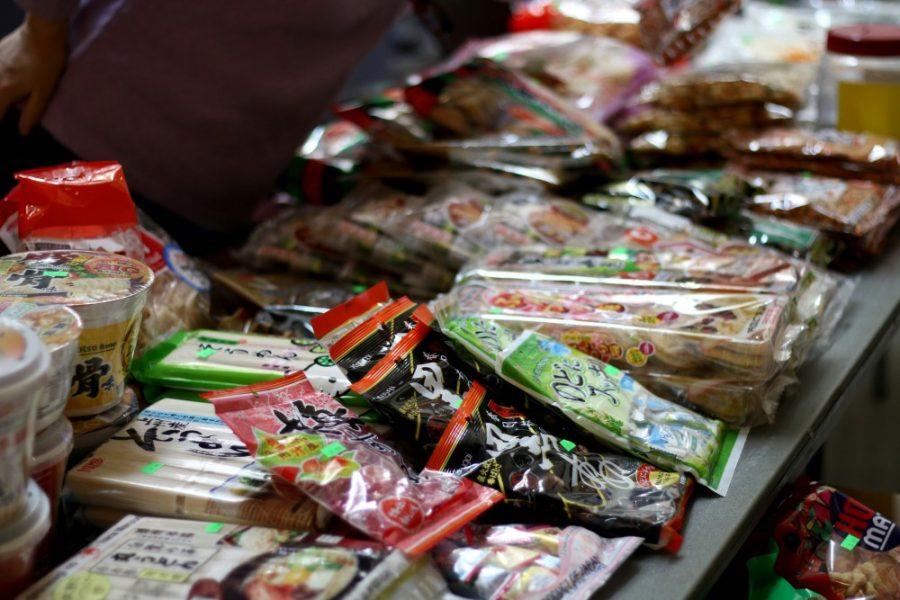There may be misunderstandings about race, culture or ethnicity. One organization in Tucson is trying to encourage people to learn about a different culture through community events.
The Southern Arizona Japanese Cultural Coalition strives to unify the Japanese community. SAJCC is for Japanese Americans, Japanese nationals and their families. They also welcome organizations and people who promote Japanese history, language and culture. Anyone interested in Japanese culture is encouraged to participate.
In Tucson, the organization creates opportunities for the community to experience and learn about a new culture. More recently, SAJCC collaborated with Odaiko Sonora and Yume Japanese Gardens of Tucson to celebrate the new year at Pima Community College Downtown Campus Center.
On Jan. 14, the fourth annual Japanese Festival educated Tucsonans with a day packed with Japanese traditions, demonstrations and delicacies.
Tucson Japanese Festival committee chair Kay Neggly works to help the Tucson community understand and appreciate Japanese culture. She enjoys teaching others through cuisine.
Her favorite delicacy is mochi, a Japanese rice cake that is pounded and then molded into shape. It’s a traditional food for the Japanese New Year.
Neggly admires the coalition that comes from SAJCC and believes cultural events help to support the entire community.
RELATED: Tucson’s Jewish community celebrates cultural diversity with international film festival
“It helps people think about how other people think,” she said.
David Meyer, a retiree and Tucson local, works with the Yume Japanese Gardens of Tucson with the aim to educate people about plants and their origins.
Meyer said he believes it’s important to highlight culture in community events.
“Our primary purpose is education,” Meyer said. “We attend various events where we can familiarize people with Bonsai, the art of artificially growing ornamental trees or shrubs.”
Meyer said he appreciates different cultures and the idea of borrowing traditions, customs or knowledge from them.
“In the desert, we’ve adapted the Asian Bonsai technique to the Sonoran Desert culture because of the climate,” he said.
RELATED: Student Union to hold contest for rooftop garden design
Events put on by SAJCC, like the festival, give people the chance to see traditions like origami. Beyond traditional music and food, there are more modern subjects that can be explored in culture.

Alex Colombe, a UA graduate student in East Asian Studies, said he is most passionate about Japanese media and even gave a presentation at the Tucson Japanese Festival. Japan is his area of focus and has been a constant interest to him.
Colombe’s mother has studied in Japan and his father has made several business trips there while his brother’s band was touring. Through his family and their admiration for the country, Colombe decided to study abroad there.
“Even as a child I admired Japanese media,” he said. “I liked Pikachu as a child, and this was before the days of Pokémon Go.”
Colombe said he believes much of his success as a Japanese speaker is owed to different media forms, such as video games, which made learning Japanese fun and enjoyable.
According to the American Speech-Language-Hearing Association website, the development of cultural competence is a “dynamic and complex process requiring ongoing self-assessment and continuous expansion of one’s cultural knowledge.”
Organizations like SAJCC continue working to spread cultural awareness in the community.
The fifth annual Japanese Festival is anticipated for next January, and the Tucson community will come together, yet again, to celebrate the new year through culture.









